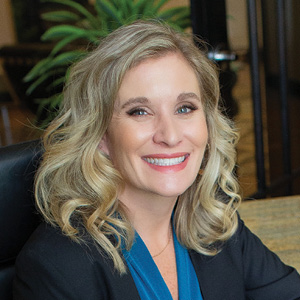If you are contemplating or facing divorce, do you have any of the following goals:
- Staying in your house;
- Keeping your children in their current private school;
- Making sure college tuition and expenses will be paid;
- Maintaining a good post-divorce relationship with your spouse and extended family;
- Providing for your future;
- Protecting a family business; and/or
- Maintaining confidentiality about mental health issues, substance abuse, or extramarital affairs?
It might surprise you to learn that our family courts are not designed to provide you any of the above.
PROTECTING WHAT IS MOST IMPORTANT TO YOU
So how do you protect your children, your property, and your dignity in a divorce? Fortunately, there is an alternative process available that allows a divorcing couple to set customized goals and attain mutually acceptable outcomes. It’s called collaborative divorce, and it proceeds under a different set of rules than an “old school” litigated divorce. Disputes are resolved in a conference room rather than a courtroom. Each session is conducted according to an agenda which allows for flexibility while moving the process steadily forward. And the final result is tailor-made to meet your family’s interests and needs.
HOW TO GET STARTED WITH A COLLABORATIVE DIVORCE
If collaborative divorce sounds right for your family, then the first step is hiring the right attorneys. You want collaboratively trained lawyers who are comfortable letting their clients control the pace and outcome of their divorce. Your collaborative counsel will strategize with you individually, but he/she won’t play “hide the ball” or engage in costly and combative tactics at your expense. Instead, each side’s lawyer will cooperate to assemble a team to help you through your divorce. Neutral team members might include a mental health facilitator, a financial expert, and/or a child specialist. These folks can meet with you and your spouse “offline” to come up with a parenting plan and an agreed property spreadsheet – conserving time and fees and keeping the attorneys on the sidelines until they are needed. The neutral child specialist can educate your children about divorce in an age-appropriate manner and serve as a voice for your kids throughout the process.
WHEN IS COLLABORATIVE DIVORCE THE RIGHT SOLUTION?
Don’t believe the myth that collaborative divorce is only appropriate if you and your spouse are getting along well and are already in agreement on most issues. Nothing could be further from the truth. In fact, the collaborative process is ideal for “sticky situations” that call for creativity and discretion. If mental health issues, substance abuse, or addiction play a part in your divorce, the collaborative process offers the expertise and privacy necessary to address the situation. Likewise, if your marriage is ending as a result of an extramarital affair, the collaborative process provides the resources to work through the hurt, anger, regret, or embarrassment you may be feeling.
Your marriage may have reached the breaking point. But that doesn’t mean you have to endure all the conflict, chaos, and excessive cost that are typically associated with divorce. If you want to learn more about how the collaborative divorce process can help you meet your divorce goals, please contact Esther Donald, an experienced Collaborative Divorce lawyer at GoransonBain Ausley.






























